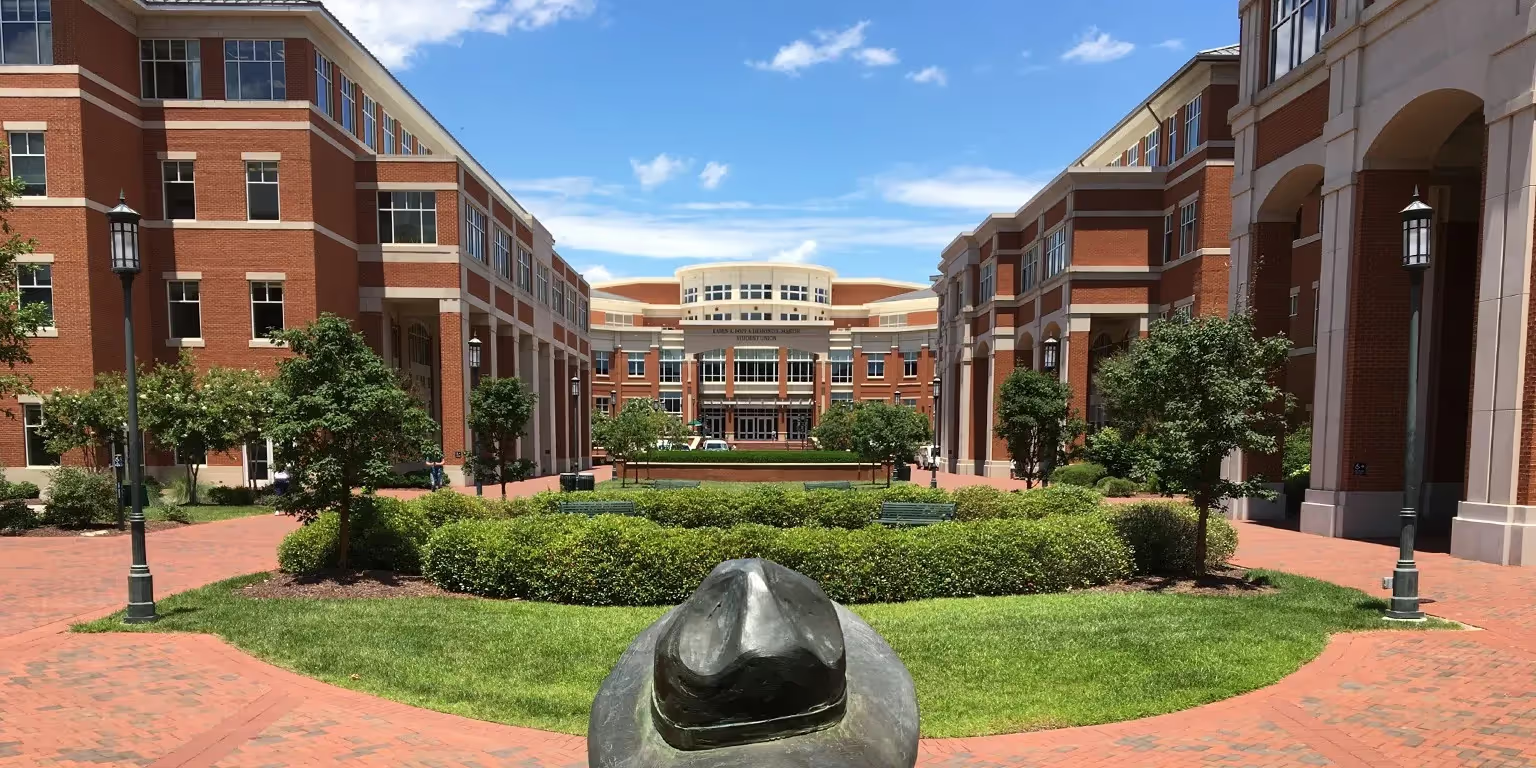FAFSA Eligibility for Felons: What You Need to Know
Understanding if you qualify for federal student aid can feel overwhelming, especially after facing the challenges of a felony conviction. Financial support for education changes lives, opening new paths even for those who have made mistakes in the past. If you’re wondering whether you can get FAFSA with a felony, you’re far from alone. Let’s break down your options, restrictions, and the steps you can take to pursue your educational goals.
Federal Student Aid and Felony Convictions: The Basics
The Free Application for Federal Student Aid, or FAFSA, is the gateway for most financial aid opportunities in the United States. Many people with criminal records are unsure about their eligibility status. Here are the facts:
- Most felony convictions do NOT automatically disqualify you from receiving federal student aid.
- Certain drug-related convictions can limit or temporarily suspend your eligibility, especially if they occurred while you were already receiving federal financial aid.
- Eligibility rules have changed over the years to give more people a second chance.
Understanding how your record affects student aid can help you make informed choices about higher education.
Types of Criminal Convictions That Affect FAFSA
Not all felonies impact your FAFSA eligibility. The main areas of concern include:
- Drug-Related Offenses: If your conviction was for a drug offense and occurred while you were receiving federal student aid, your eligibility may be suspended for a set period. However, rules changed after June 2021, reducing restrictions.
- Sexual Offenses: If you were convicted of a forcible or nonforcible sexual offense and are subject to an involuntary civil commitment after serving your sentence, you are no longer eligible for Pell Grants.
- General Felonies: Felonies unrelated to drugs or sexual offenses typically do not make you ineligible for federal student aid, including grants, loans, and work-study programs.
Changes in Federal Law Benefiting Felons
Over the years, advocates have pushed for more equitable access to education, leading to positive updates in the law:
- Restrictions for drug offenses on FAFSA have been removed for the 2021–22 award year and beyond.
- In most situations, having a felony record does not prevent you from submitting the FAFSA and being considered for federal aid.
Modern education laws support second chances and help people with criminal backgrounds move forward through education.
How to Fill Out FAFSA with a Felony Record
If you have a felony conviction, the FAFSA form will still let you apply. Here’s what you need to do:
- Answer all questions on the FAFSA truthfully, including those about drug offenses.
- If you have had a drug conviction while receiving aid, you may need to complete an additional worksheet, but this no longer disqualifies you as of the 2021–22 year.
- Check the requirements for your state and college. Some states or schools have their own financial aid rules regarding criminal convictions.
Honesty on the FAFSA is crucial. False answers can lead to penalties or denial of aid in the future.
Scholarships and Grants for Felons
In addition to federal student aid, several private organizations, charities, and schools offer scholarships or grants specifically for individuals with criminal backgrounds. These funds can help fill gaps if you’re not eligible for every type of federal aid or want to reduce your reliance on loans.
- Research scholarships for formerly incarcerated students in your state or nationally.
- Contact the college financial aid office for a list of recommended opportunities.
- Look for organizations that focus on supporting second-chance education.
Other Barriers to Consider
Even if you qualify for FAFSA, you may face additional restrictions, such as:
- Loss of eligibility for federal work-study if your conviction prevents employment in certain campus jobs.
- Difficulty enrolling if your parole or probation terms limit your movements.
- Private loans or scholarships with their own restrictions.
Despite these barriers, many students with felony records successfully access higher education each year. Being proactive and communicating with financial aid counselors helps.
Tips to Improve Your Chances of Receiving Student Aid
- Apply early. The sooner you fill out your FAFSA, the better your chances for limited grant and scholarship funds.
- Reach out to support groups or re-entry programs in your community for guidance.
- Keep records of your progress in rehabilitation or treatment programs, especially if your conviction was drug-related.
- Follow up with the financial aid office regularly for updates and documentation requests.
Your determination and honesty go a long way toward success in the FAFSA process.
Frequently Asked Questions About FAFSA and Felony Convictions
Can you get federal grants and loans if you have a felony?
In most cases, yes. Most felonies do not automatically make you ineligible for grants or loans. Only certain offenses, like specific drug convictions while receiving aid, or sexual offenses with civil commitment, may affect specific aid types. Recent updates have reduced many of these restrictions.
What happens if I had a drug conviction while receiving financial aid?
Previously, a drug conviction during your aid period could suspend or delay eligibility. However, as of the 2021–22 school year, these restrictions have been lifted. You should still answer FAFSA questions truthfully about any such convictions.
Do colleges see my felony record when I apply for FAFSA?
FAFSA itself does not share detailed information about your conviction beyond relevant eligibility questions. However, individual colleges may ask about criminal backgrounds during admissions or campus housing applications.
Are there financial aid options if I am not eligible for federal aid due to my conviction?
Yes. Many nonprofit organizations, state programs, and community foundations offer scholarships or grants for students with criminal records. Some colleges also have dedicated funds for second-chance students. Contact your school’s financial aid office or local re-entry programs for a list of resources.
How can I improve my chances of being admitted and getting aid with a criminal record?
Be honest during the application process. Show evidence of rehabilitation, community involvement, or personal growth since your conviction. Use your personal statement to share your story and future goals. Proactive communication with admissions and financial aid staff demonstrates your commitment to starting fresh.
Moving Forward: Accessing Higher Education After a Felony
If you are striving to rebuild your life after a felony conviction, higher education and career training offer a powerful path forward. The law recognizes your right to apply for financial aid, and recent changes make it easier than ever.
Take the time to explore your eligibility. Connect with support networks and ask questions. Your future is worth the effort.











.svg)



